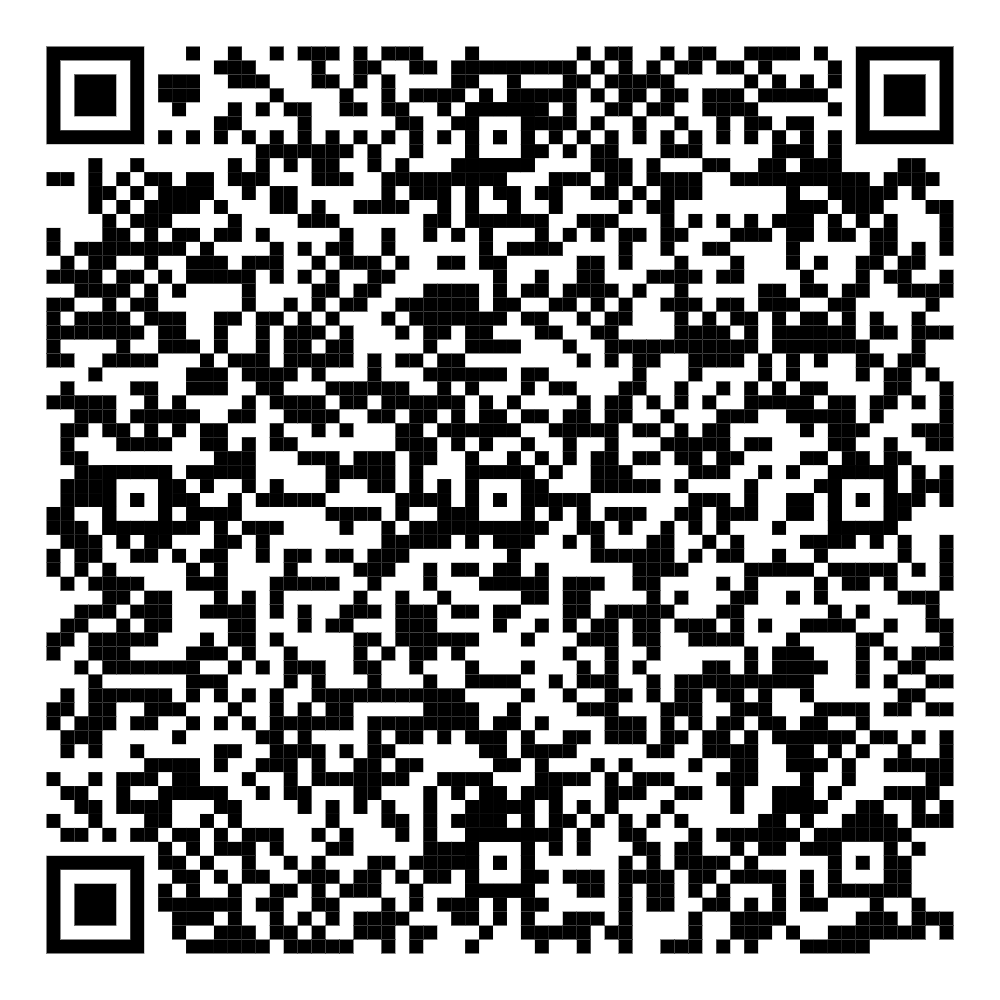Niyo Global Card vs. Jupiter Forex Card: Which One Will Win Your Wallet?
Blog Outline
Are you searching for the difference between Jupiter Money and Niyo Global Card? Want to figure out the best one? If yes, then you are on the right page.
Here, we’ll tell you about both cards in detail with a point-to-point analysis. So, keep reading to get that.
Firstly, let’s take a look at the features of each card.
Jupiter Money
Jupiter Forex card is a zero balance account card provided for a lifetime free based on the Neo banking system in partnership with the Federal Bank.
It is a debit card with mobile and internet banking facilities and ATMs to deposit and withdraw funds. You can keep track of your transactions by providing periodic bank statements and transfer funds through Electronic fund transfers via Real-time Gross Settlement (RTGS), National Electronic Fund Transfer (NEFT) and Immediate Payment Service (IMPS).
You can open two types of accounts with Jupiter money:
- Regular savings account
- Pro-salary account – As the name suggests, the pro-salary account is for salary employees.
Features of Jupiter Forex card
-
1. DICGC protection:
- 2. Zero balance account:
- 3. Reward:
Jupiter Forex card provides you one percentage of rewards for any transaction done with this card, and then Jupiter money can be converted into real money and used further.
-
4. Charges on fund transfer:
Niyo Global Card
Niyo Global is an international card based on INR that is usable when travelling abroad to make foreign currency transactions. A zero forex markup-free smart travel card for the new generation of global travellers, the Niyo Global Card eliminates the pain points of handling foreign currency during travel.
It provides the best digital savings account with a VISA Signature debit card.
Features of the Niyo Global Card
-
1. Worldwide acceptance:
- 2. Visa powered:
Unlike Ru pay and Mastercard, Visa is acceptable everywhere, so you can apply for Niyo Forex Card and use it anywhere in the world.
-
3. App:
-
4. Safety feature:
- Zero forex markup
- Complimentary airport lounge access at selected international terminals
- Load in INR and use in 150+ countries and 130+ currencies
- Easy ATM withdrawals globally
- Earn global coins on domestic spends
- Swift card delivery
- 24/7 chat support
- You can live stress-free with a super-secure card system
- No hidden fees
- Zero balance accounts
- Ease in the opening of account
- One year free debit card
- Replacement of old or lost cards
- Controls like ‘Sleep’ and ‘Freeze’
Jupiter VS Niyo Global Cards
| Basis of Difference | Jupiter Money | Niyo Global Card |
| Transaction Fee | No | No |
| ATM withdrawal charges | A fee of ₹21 will apply for each cash withdrawal and ₹11 for non-financial transactions, exclusive of GST, once the limit for free transactions is over at non-Federal ATMs | Niyo Global Credit Card by SBM Bank – ₹300+GSTNiyo Global Debit Card by Equitas Bank – ₹110+GSTNiyo Global Debit Card by DCB bank – ₹300+GST |
| Cross Currency Fees | PRO and Salary account holders:Up to ₹ 25,000 per month (for PRO Account)Upto ₹ 1,00,000 per month (for Salary Account)Beyond the mentioned limits, there will be 3.5% Forex Fees | Nil |
| Issuance Fee | ₹299+GST | None |
| Replacement Fees | ₹299+GST | |
| Annual Maintenance Fee | ₹199 + GSTThere is no annual fee for the first year and is applicable from 2nd year onwards. | No |
Conclusion
Frequently Asked Questions
Yes. RBI approves Jupiter Bank. It hosts your account as an RBI-licensed bank and a Federal Bank, providing you with all the best security and facilities compared to other banks.
Regarding Jupiter’s Forex charges, depending on the account, the charges will apply. There is a certain limit until there are zero forex charges. The Jupiter Forex charges include 3.5% on international spending beyond the set limit.
Yes. The Jupiter Debit Card Lounge access is provided to customers with access up to 4 times a year.
You can reload funds onto your Forex Card through various channels such as online banking, mobile apps, or by visiting a branch of the card issuer. The specific reloading methods may vary depending on the provider.
Forex Cards are generally accepted at most merchant locations and ATMs worldwide as long as they accept the card’s payment network (such as Visa or Mastercard). However, it’s advisable to check the countries where the card can be used before travelling.











